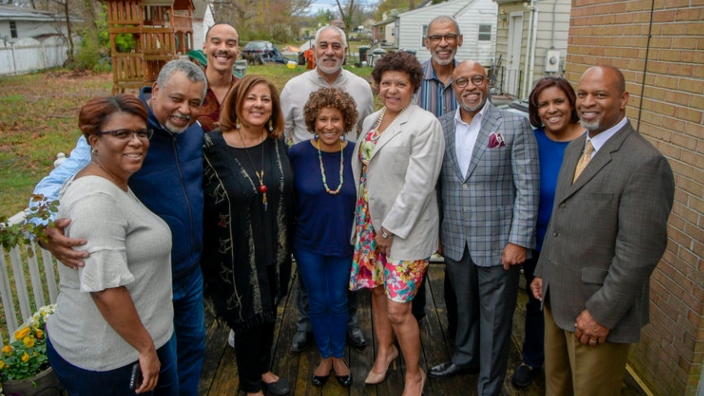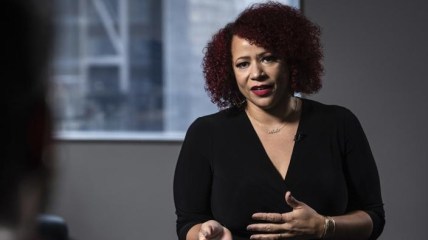Virginia family descended from first enslaved Africans in North America visit birthplace
In September, Angola's President João Lourenco invited the Tuckers to visit his country, and they did last month for five days.
A Virginia family believed to be descended from the first enslaved Africans to come to North America recently traveled to Angola, the African nation from which their ancestors hailed.
Vincent Tucker and his sister, Wanda, founded The William Tucker 1624 Society, an organization that researches the life of William Tucker, the first child of African ancestry known to have been born in Virginia in 1624, and those of his descendants, many of whom reportedly still live in the Hampton Roads area.

The sibling researchers met Angolan President João Lourenco at the Smithsonian’s National Museum of African American History and Culture in September, and learned more about the history of their ancestors, William Tucker, and his parents, Antony and Isabella.
Lourenco invited the Tuckers to visit Angola, and they did last month for five days — where, they said, one of the most impactful moments of their trip was dipping their feet in the Kwanza River, which served as an access point for slave ships on their way to the port of Luanda.
“We can just imagine how that journey was for the enslaved — taken down to the river and being hauled away. It was very touching,” Vincent Tucker told 13 News Now, which covered the story in Virginia.
It was Dr. Wanda Tucker’s second trip to the country, where she showed her brother and a cousin exhibits at the Sao Miguel Museum. Angola was colonized by the Portuguese, but one ruler, Queen Nzinga, fought back against them and against the slave trade.
“There’re so many missing pieces on both continents,” said Dr. Tucker. “I feel empowered to identify myself as Angolan-American now because I know where my family came from, and that’s powerful.”
A plaque in the Hampton Roads area reads that the first documented Africans in Virginia arrived in the Hampton Roads area in Aug. 1619 on the White Lion, an English privateer based in the Netherlands.
Colonial officials traded food for these “20 and odd” Africans, who had been captured from a Portuguese slave ship. Two of them were Antony and Isabella, enslaved servants on the plantation of Capt. William Tucker and his wife, Mary Tucker.
The plaque goes on to note that eventually, Virginia instituted a hereditary slavery system, and slavery was abolished there in 1865.
But even more significant than a plaque, the Tuckers note, is that the history of 1619 still has an impact on life today — both in Angola and in the United States.
The Tucket family’s visit was particularly timely, as many Republican-controlled state legislators across the country seek to pass laws that ban the teaching of The 1619 Project, created by Pulitzer-Prize winner Nikole Hannah-Jones. The bestselling collection from New York Times Magazine asserts that the impact of the arrival of those first African enslaved people still resonates in America. The project is at the center of a debate around critical race theory, which examines the intersection of race and law in America.
Have you subscribed to the Grio podcasts “Dear Culture” or “Acting Up?” Download our newest episodes now!
TheGrio is now on Apple TV, Amazon Fire and Roku. Download theGrio today!


